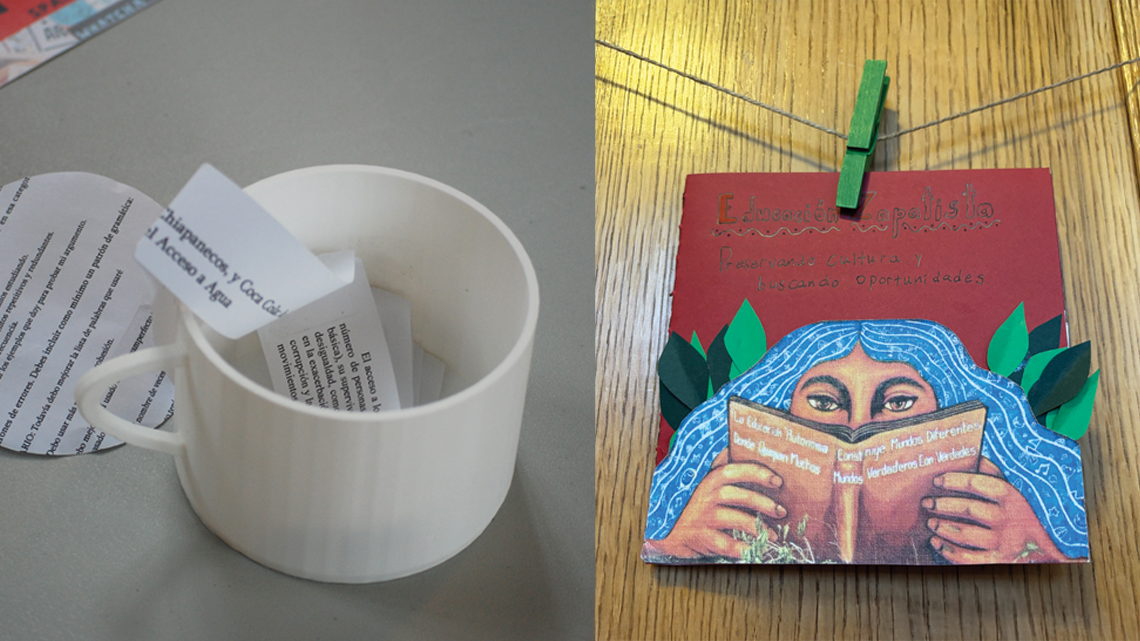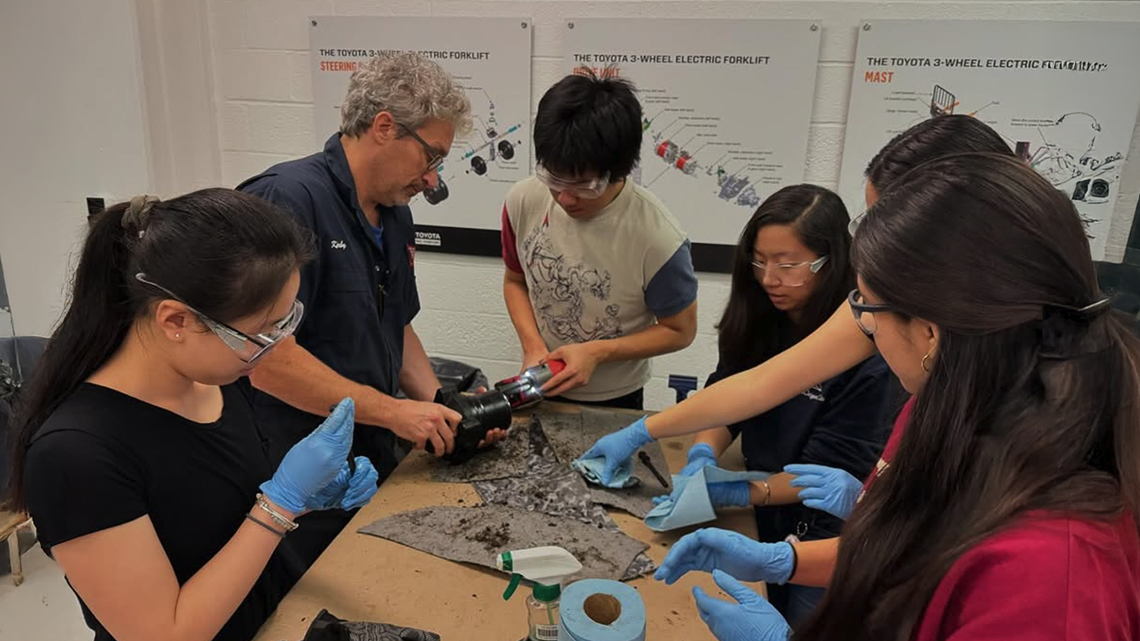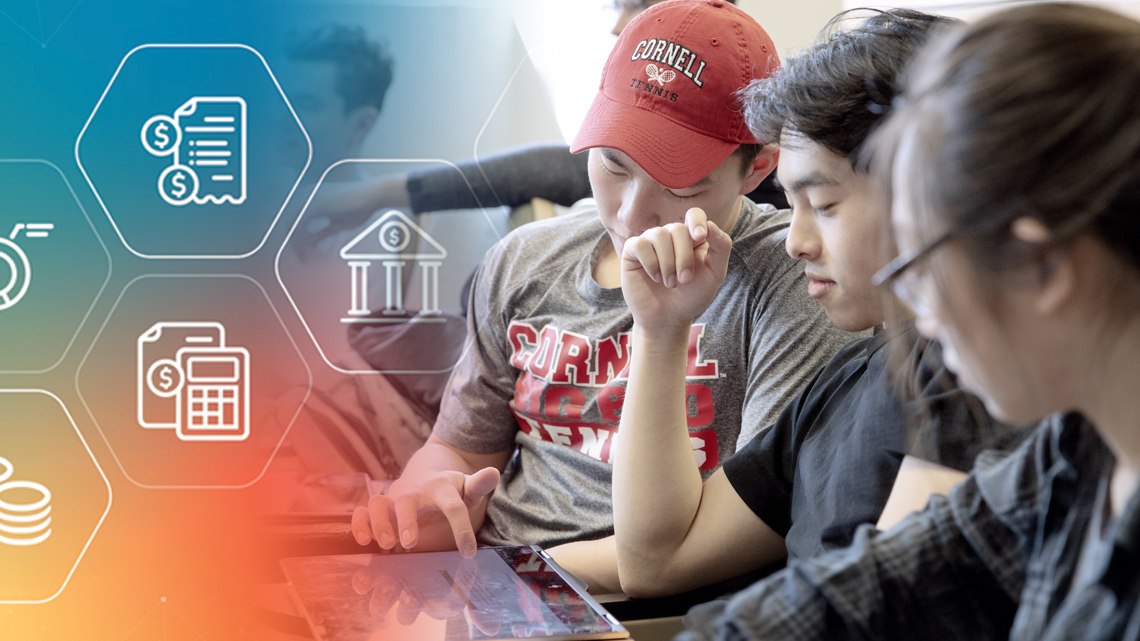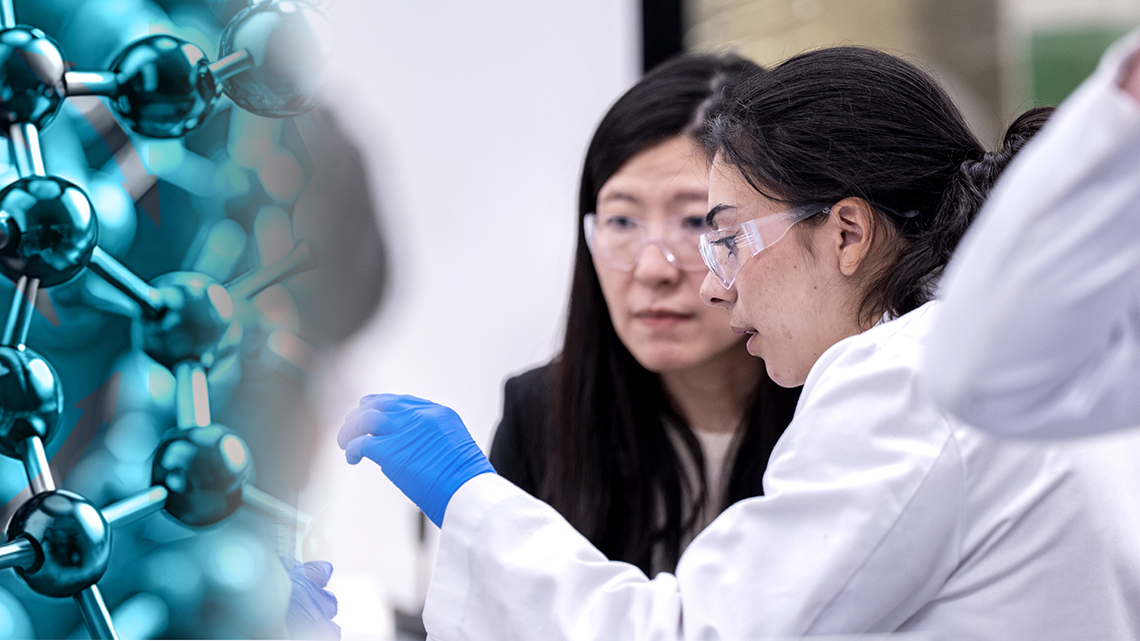Innovative Assessment Practices
In Spring 2025, with a goal of inspiring other instructors through the sharing of new ideas, methods, and strategies at Cornell, seven faculty across five projects were recognized with Creative Teaching Awards for their innovative classroom approaches and teaching implementations for assessing student learning.
Creating meaningful, effective assessments can be challenging, at every level of scale. Yet, many faculty have begun experimenting with assessment methods that are alternative or non-traditional within their field. The 2024-2025 Creative Teaching Awards sought to draw out, recognize, and share innovative approaches to assignments and assessments.
The following case studies document the faculty's approaches and share the results of their work. They are downloadable and may be adapted for different courses and learning environments.

Spanish Language Students Showcase Creativity and Cultural Competencies at Zine Fest Silvia Amigo-Silvestre, Senior Lecturer, and Emilia Illana Mahiques, Lecturer, Romance Studies, College of Arts & Sciences
Students in Spanish language courses created and shared zines at Cornell Zine Fest, showcasing cross-class collaboration, creativity, critical thinking, and intercultural competence.

Oral Assessments to Reinforce and Evaluate Student Learning: A Case Study in Fluid Mechanics Brian Kirby, Meinig Family Professor of Engineering, Sibley School of Mechanical and Aerospace Engineering, College of Engineering
Students articulate what they learn through two types of oral assessments: mock interviews and video presentations.

Game-Inspired Self-Graded Assessments: A Case Study in Real Estate Financial Modeling Daniel Lebret, Senior Lecturer, Peter and Stephanie Nolan School of Hotel Administration, SC Johnson College of Business
Students engage in multiple low-stakes assessments with built-in self-grading features, allowing immediate feedback that encourages mastery of content and confidence in their skills.

Using Low-Stakes Assessments to Improve Teaching: A Case Study in Micro- and Macroeconomics George Orlov, Senior Lecturer, and Doug McKee, Senior Lecturer, Economics, College of Arts & Sciences
Students complete low-stakes assessments, helping instructors identify areas where students need more support, adjust their teaching, and evaluate the effectiveness of the changes.

Mastery-Based Grading in Chemical Engineering: A Holistic Approach Rong Yang, Assistant Professor, R.F. Smith School of Chemical and Biomolecular Engineering, College of Engineering
Students demonstrate their learning through iterative assessments graded for mastery.
